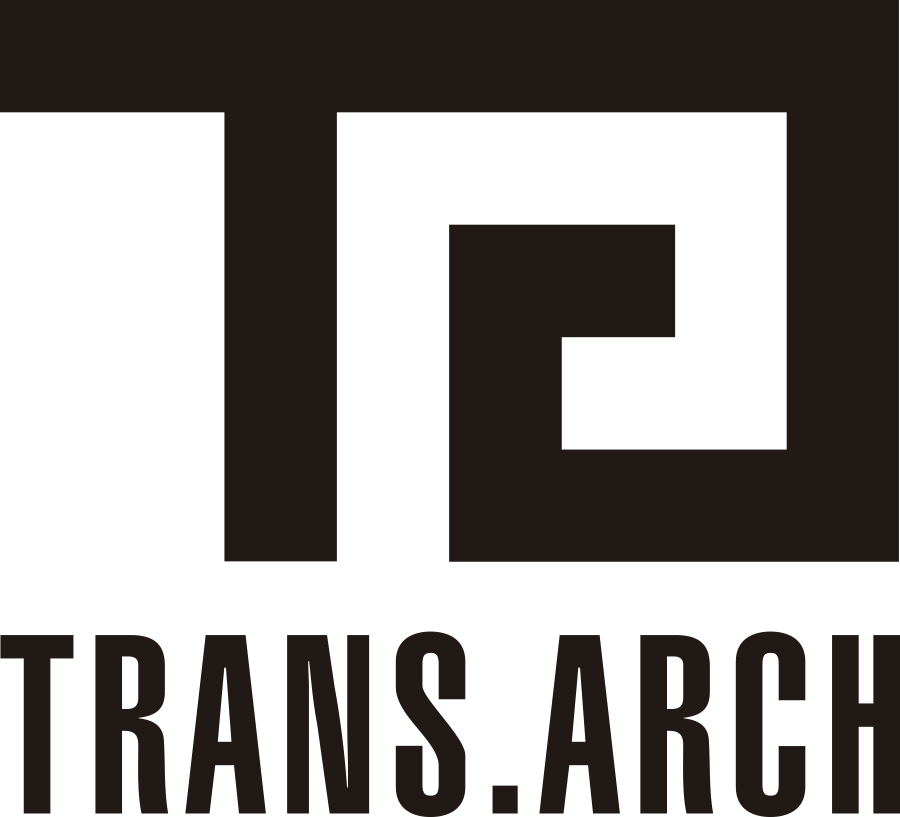Archives in transition
Collective memories and subaltern uses
International Project funded by the European Union’s Horizon 2020 Research and Innovation programme under the MSCA-RISE Scheme (Marie Skłodowska-Curie Actions – Research and Innovation Staff Exchange). Grant agreement #872299.
Participating Universities
- Univerzita Palackého V Olomouci (Czech Republic), Project Coordinator. Università Degli Studi Roma Tre (Italy), Goethe Universität Frankfurt (Germany), Universidad De Sevilla (Spain), Universitat De Valencia (Spain), Universidad Nacional De Tres De Febrero (Argentina), Universidad Nacional Del Litoral (Argentina), Pontificia Universidad Católica del Perú (Peru), Pontificia Universidad Javeriana (Colombia).
- More…
Description
Historical archives have a considerable influence on the formation of collective memory. As memory repositories, they can contribute to the transfer of information between generations. The EU-funded TRANS.ARCH project will create a network of researchers, both young and experienced, for the study of current uses and functions of archives in the context of globalization-related crises. In particular, the project will not only investigate how archives allow new elaborations of historical and social models but will also offer a basis for a new approach to the cultural heritage of societies. The team will focus on the different political, judicial, cultural, and artistic uses of the archives developed by migrant groups and sexual dissidents in Europe and Latin America.
Objectives
- In the field of memory studies, there is broad consensus that interrogating interlocking national and transnational collective memories can strengthen democratic structures. These conflicts around the processes of memory reveal the central importance of archives, especially when it comes to knowledge and experiences by subalternized groups, historically excluded from public debates.
- Archives, the central object of this project, allow new elaborations of historical and social models, but also provide a basis for rethinking the cultural heritage of societies. The TRANS.ARCH project focuses on a relatively unexplored dimension of this field, namely the different political, judicial, cultural, and artistic uses of the archives deployed by migrant groups and sexual dissidents in Europe and Latin America. In relation to this, the media, technical, cultural, and aesthetic aspects of the digitalization of knowledge are examined since the transition from analogue archives to digital archives is changing the relationship between the public and the private. In the current phase of globalization, in which times and geographical spaces are fragmented and interconnected again, the archival ratio is modified.
- TRANS.ARCH will create a network of young and experienced researchers who will examine the current functions and uses of archives in the context of the crises associated with globalization. While the transatlantic makeup of the consortium of institutions involved in the project will allow a comparative analysis of the European and Latin American contexts, the innovative approach to the uses of archives by migrants and sexual dissidents will require researchers to create a new transdisciplinary approach with a strong gender perspective. This approach will open the way for the understanding of the transitional condition of archives, both in terms of their current political and cultural uses, and in terms of their changing theoretical status.
Archivos en transición
Memorias colectivas y usos subalternos
Descripción
Los archivos históricos influyen considerablemente en la formación de la memoria colectiva. Como repositorios de memoria, pueden contribuir a la transferencia de información entre generaciones. El proyecto TRANS.ARCH financiado con fondos europeos, creará una red de investigadores, tanto jóvenes como experimentados, para estudiar los usos y funciones actuales de los archivos en el contexto de las crisis relacionadas con la globalización. En particular, el proyecto no solo investigará cómo permiten los archivos nuevas elaboraciones de modelos históricos y sociales, sino que también ofrecerá una base para un nuevo enfoque del patrimonio cultural de las sociedades. El equipo se centrará en los diferentes usos políticos, judiciales, culturales y artísticos de los archivos desarrollados por colectivos de migrantes y disidentes sexuales en Europa y Latinoamérica.
Objetivos
- En el campo de los estudios de la memoria, existe un amplio consenso en que interrogar las memorias colectivas nacionales y transnacionales entrelazadas puede fortalecer las estructuras democráticas.
- Estos conflictos en torno a los procesos de la memoria revelan la importancia central de los archivos, especialmente cuando se trata de experiencias y saberes de grupos subalternizados, históricamente excluidos de los debates públicos.
- Los archivos, objeto central de este proyecto, permiten nuevas elaboraciones de modelos históricos y sociales, pero también proporcionan una base para repensar el patrimonio cultural de las sociedades. El proyecto TRANS.ARCH se centra en una dimensión relativamente inexplorada de este campo, a saber, los diferentes usos políticos, judiciales, culturales y artísticos de los archivos desplegados por colectivos de migrantes y disidentes sexuales en Europa y América Latina. En relación con esto, se examinan los aspectos mediáticos, técnicos, culturales y estéticos de la digitalización del conocimiento, ya que la transición de archivos analógicos a archivos digitales está cambiando la relación entre lo público y lo privado. En la fase actual de globalización, en la que los tiempos y los espacios geográficos se fragmentan y vuelven a interconectarse, la ratio archivística se modifica.
- TRANS.ARCH creará una red de investigadores jóvenes y experimentados que examinarán las funciones y usos actuales de los archivos en el contexto de las crisis asociadas con la globalización. Si bien la composición transatlántica del consorcio de instituciones involucradas en el proyecto permitirá un análisis comparativo de los contextos europeo y latinoamericano, el enfoque innovador en los usos de archivos por parte de migrantes y disidentes sexuales exigirá que los investigadores creen un nuevo enfoque transdisciplinario con una fuerte perspectiva de género. Este enfoque abrirá el camino para la comprensión de la condición transicional de los archivos, tanto en términos de sus usos políticos y culturales actuales, como en términos de su cambiante estatus teórico.

- This project has received funding from the European Union’s Horizon 2020 research and Innovation programme under the MSCA-RISE Scheme (Marie Skłodowska-Curie Research and Innovation Staff Exchange). Grant agreement 872299.
